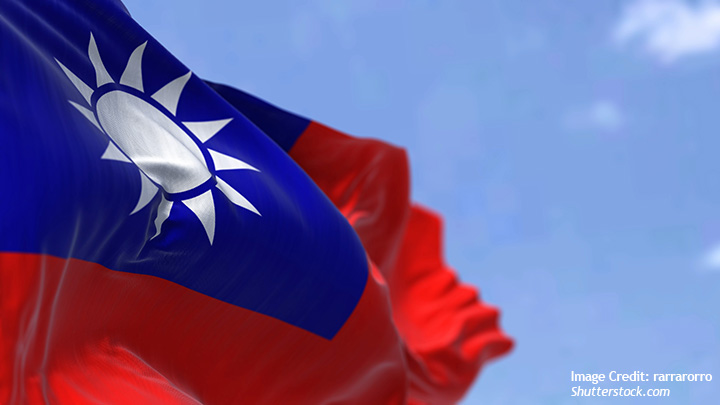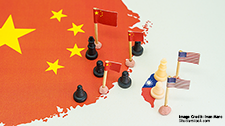Does Soft Power Have Any Value for Taiwan?

Jørgen Delman
As a diplomatic tool, soft power conveys the core values and ideology of a country and serves as its front window abroad to win sympathy for its beliefs, values, and institutions. The aim is to garner support for political agendas and determine the framework of debate and engagement in favor of the nation that is able to deploy soft power. In the case of Taiwan, there are limits to how soft power can be used due to the lack of international recognition of its sovereignty and the existential threat from China. Still, Taiwan’s soft power has been deployed with increasing success over the years. Taiwan has won more and more recognition internationally, especially from like-minded countries. Taiwan’s gain has been more legitimacy and support in relation to its claim to exist as an autonomous territory under the status quo arrangement, but not for its independence. This paper analyzes Taiwan’s soft power resources and assesses their effectiveness by looking at Taiwan’s gains.
Related Publications
-
“Yizhou 夷洲” and “Liuqiu 流求” in Historical Chinese Texts: International Relations on the Northeast Asian Seas (3rd-17th Centuries)
Sun Quan 孫權, Emperor Da of the Eastern Wu, and Emperor Yang of Sui Yang Guang 楊廣 sent armies across the sea to invade Yizhou and Liuqiu between the 3rd […]
-
Partners in Peace: Why Europe and Taiwan Matter to Each Other
This book addresses the following fundamental questions: With the EU seeing Taiwan as a partner on its own merit (rather than exclusively through the China factor lens), how can the […]
-
The US and EU, and the Emerging Supply Chain Network: Politics, Prospects, and Allies
The Global Supply Chains have evolved from simply logistical achievements to being the bedrock of the global economy. Driven by technological advances and geopolitical shifts, this transformation underscores the critical […]
-
Taiwan-PRC Crisis: What Cross-Strait Conflict Could Cost Europe
The escalating tensions between Taiwan and China pose significant economic and strategic challenges to the European Union, such as the inaccessibility of Taiwanese inputs, market, and capital. This issue brief […]
-
EU-Taiwan Semiconductor Supply Chain: Resilience amid the Digital and Green Transition
As the European Union (EU) sets ambitious goals of maximizing a ‘Digital Decade’ through its Digital Transition plan and attaining carbon neutrality in its Green Transition plan, technology becomes the […]



